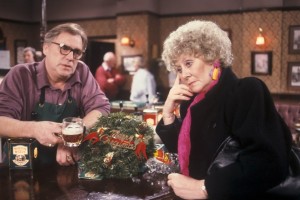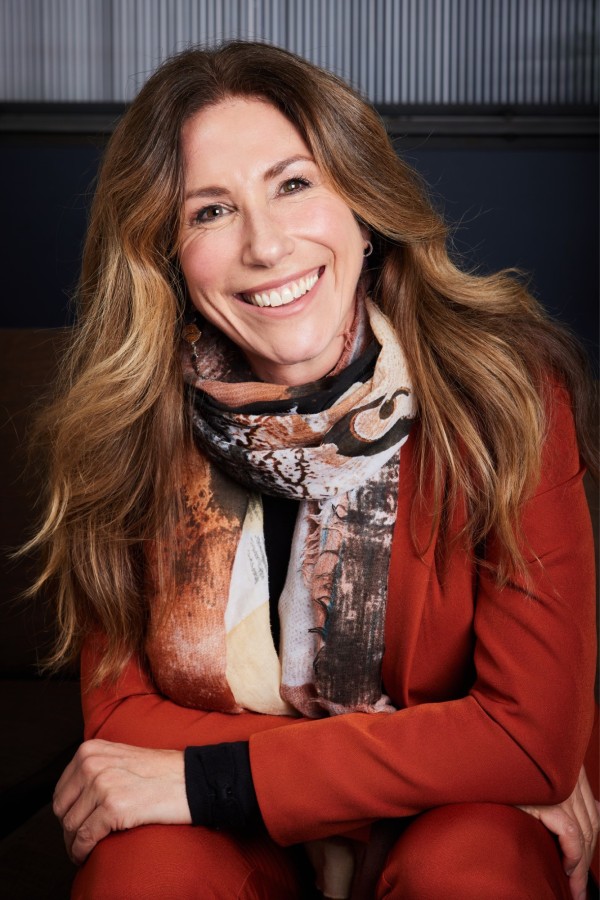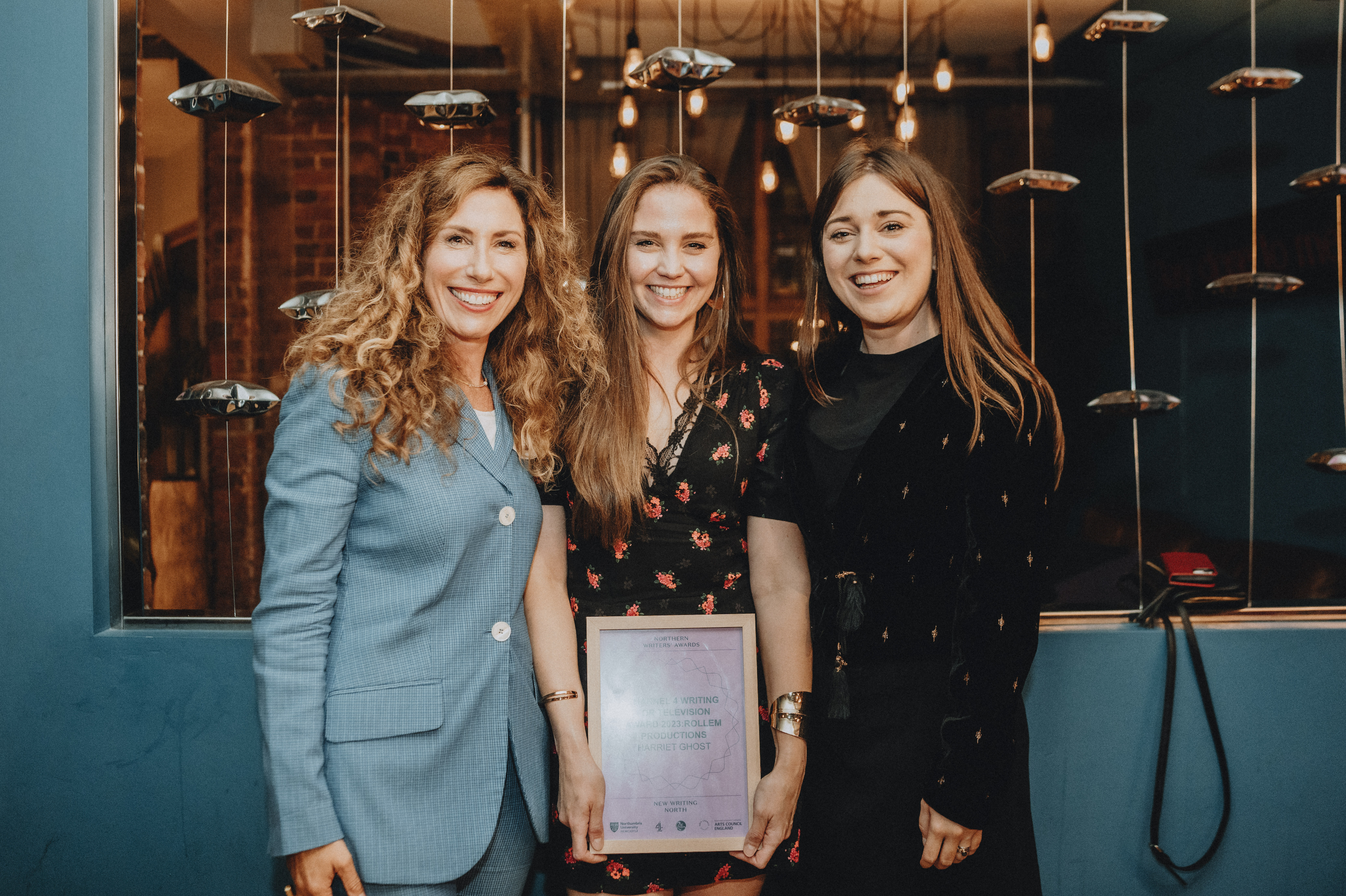“ You’ve got the best tool to help your writing right there in your living room. Use it. ”
How do the best artists learn their craft? By studying other peoples paintings. That’s how you become an artist and it’s the same with TV and film – watch it at home, go to your local cinema but don’t just watch passively. Think of it as a lecture. Watch with a different head on and try to learn something from it. Count how many scenes there are. You could even access the script online – if you find something you like, try and get hold of the script.
Before I started writing my latest project, I watched the first episode of two other drama series, then read the scripts. Really study the script or show and ask yourself “how have they done that?”. The learning process is never over – that’s the beauty of the job and being in our industry. What do you feel and think when you watch the show? We can all watch telly passively and enjoy it. But we can watch it again with a different mindset. We can watch it to learn.
Working on soaps in a great way into the industry. My early experience was two-fold as I was also doing theatre – turning an idea into a play, schlepping around the country to perform and getting immediate feedback from the audience. But when I had the opportunity to work on a soap, I couldn’t believe it and I loved it.
I know there’s some snobbery about it, but why wouldn’t you? You’re going to learn such a lot, you’ll be able to write everyday (and get paid for it!), and you’ll learn what you’re good at and not. So many brilliant signature writers cut their teeth on soaps, and why? Because it’s a chance to get your voice out there, practice your craft and experiment with your voice and ideas.
When I had the opportunity to work on a soap, I couldn’t believe it and I loved it. I know there’s some snobbery about it, but why wouldn’t you? You’re going to learn such a lot, you’ll be able to write everyday (and get paid for it!), and you’ll learn what you’re good at and not.

“ Monitor what intrigues you, engages you, moves you. If you feel something, audiences will too. ”
On creating lifelike characters...
When it comes to creating characters, you often use big dollops of yourself. And the more life experience you’ve had, the easier that will be, and the more experiences you can draw upon. I’ve been in situations where I’ve been in debt and didn’t have enough money. I got pregnant at 16 and thought my life was over. It wasn’t until I went to uni in my 30’s that I realised having all those lived experiences would help me hugely as a writer.
You always use a lot of yourself in your writing and it can be difficult. If you don’t feel anything when you’re writing then you’re probably not going to engage anybody else. You have to feel things - even being upset. I’ve written stuff where I was worried about electrocuting myself because of the tears dripping down onto my keyboard. Life can be funny and ridiculous too.
I always do a lot of work on character before I start writing. I think about my characters a lot and they are always there in my brain. I know how they vote, what they eat for breakfast, their family life and setup - do they have a mum, a dad, siblings? You have to know your characters before you start writing. Then you find more out about them when you’re writing and you can add more layers into draft two and three.
I find people totally fascinating. I do observe subconsciously – I could people-watch ALL DAY. I could sit in Leeds Market for hours on end, eavesdropping on conversations. Yorkshire people in particular are so contradictory, which makes me love them even more. People are rich and varied, we can think one thing one minute and one thing another. I have a diverse, wonderful group of friends who are also very helpful. They don’t know it but I’m always listening! I have my family, my daughters and grandchildren, all of which also helps me enormously.
On writing multiple drafts…
Paul Abbot once said to me “people don’t write anymore, they re-write”. Very seldom is your first draft the one that goes into production - in fact it probably never is. I know it’s hard for a new writer to understand, you think you’ve written a masterpiece and it’s so precious to you. But it’s not the final product. You’ll go through a script editor, a producer, an exec, your director, and compliance. There will be a million and one drafts. Draft 12 might get shot if you’re very lucky. You may think “I’ve done this perfect 60 page pilot episode”, but everybody will have an opinion and your job as a writer is to defend what you’ve written and listen at the same time - and that’s hard to gauge. If someone comes up with a good idea or note, your brain will ping and you’ll think about it afterwards. Take note of these.
You can’t say “that’s a crap idea” to a note. What you can say is “that’s really interesting but my character wouldn’t do that.” Or “That’s not the episode I want to explore that theme in. I might explore it later”. You learn to say things that won’t offend. A good script editor will tell you they love the script, which is all a writer ever wants to hear, and then ask you questions. Sometimes you find that you can’t answer their question, sometimes you think you’ve written it in the script, but you haven’t! If you can’t answer the question or find the answer in the script, you probably need to address it. Sometimes that will be as simple as tweaking or adding to a stage direction, sometimes it will be bigger.
You have to know your characters before you start writing. Then you find more out about them when you’re writing and you can add more layers into draft two and three.

.portrait.jpg)
“ It’s important to know where you’re going, but you have to be willing to change your route along the way. ”




